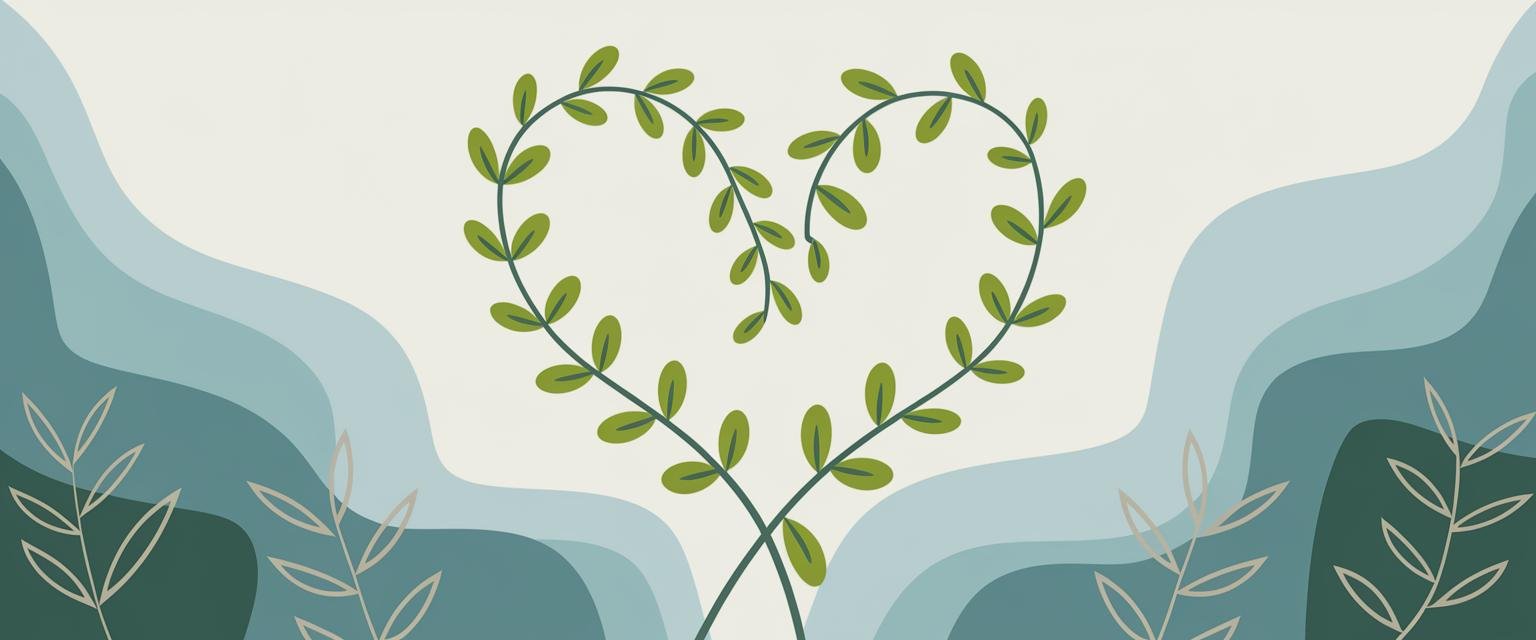Friendship Breakup Guide: Mindful Steps to Closure
Introduction
Have you ever felt that knot in your stomach when you realize a friendship that once brought you joy now drains your energy? Breaking up with a friend can feel as painful as ending a romantic relationship, yet we rarely talk about how to handle these transitions. For many South Asian women, the pressure to maintain social harmony makes ending friendships even more challenging. This guide offers compassionate steps to recognize, address, and heal from friendship breakups with self-respect and mindfulness.
Table of Contents
- Recognizing When It’s Time to Let Go
- Mindful Ways to End a Friendship
- Healing After a Friendship Breakup
- Quick Wellness Questions
- Finding Your Path Forward
Recognizing When It’s Time to Let Go
Friendships naturally evolve over time, but there’s a difference between growth and toxicity. Understanding when a friendship has crossed into unhealthy territory is the first step toward making peace with ending it.
Signs of an Unhealthy Friendship
Your body often signals when something isn’t right before your mind acknowledges it. Do you feel tense before meeting this friend? Notice if you’re constantly walking on eggshells, making excuses for their behavior, or feeling emotionally drained after spending time together. These physical and emotional responses are valuable messengers.
The Consistent Imbalance
Healthy friendships have natural give and take. If you’re always the one listening, supporting, or accommodating while receiving little in return, this imbalance can create resentment over time. Cultural expectations, especially for South Asian women, often normalize this one-sided caregiving, but your needs matter too.
Trust Your Inner Voice
Many women dismiss their intuition about toxic friendships due to guilt or cultural pressure to maintain harmony. If you’ve been making excuses for someone’s behavior for months or years, it might be time to honor what your inner wisdom has been trying to tell you.
Mindful Ways to End a Friendship
Ending toxic friendships isn’t about dramatic confrontations. It’s about setting boundaries with compassion—both for yourself and the other person.
The Conversation Approach
For close friendships with deep history, a direct conversation might provide needed closure. Choose a private, neutral setting and use “I” statements to express how you feel without blaming. For example: “I’ve noticed I haven’t been able to show up as my best self in our friendship, and I need some space to reflect on why.”
The Gradual Distance
Sometimes a natural fade-out is kinder than a formal ending. This works well for friendships that aren’t deeply intimate or where confrontation might cause unnecessary pain. Slowly reduce contact, politely decline invitations, and allow natural space to develop. This approach respects both parties’ dignity.
Setting Clear Boundaries
If complete separation isn’t possible (perhaps you share a friend circle or work together), establishing firm boundaries becomes essential. Decide what interactions you’re comfortable with and consistently maintain those limits, even when it feels uncomfortable at first.
Healing After a Friendship Breakup
The aftermath of ending a friendship deserves the same tender care you’d give any significant loss. Moving on from friends who once mattered deeply requires intentional healing.
Honor Your Grief
Allow yourself to mourn what was good about the friendship. Even toxic relationships had moments of connection worth acknowledging. Journal about what you’ll miss alongside what you won’t, creating a balanced perspective that validates your decision while honoring your feelings.
Release the Guilt
Many women, particularly those raised in collectivist cultures, feel immense guilt when prioritizing their own well-being. Remember that ending an unhealthy connection creates space for genuine relationships to flourish. Your capacity for meaningful connection isn’t limited—it expands when you’re not depleting your emotional resources.
Reconnect With Yourself
Use this transition as an opportunity to rediscover parts of yourself that may have been suppressed. What activities brought you joy before this friendship? What values feel important to honor now? Friendship breakups can become powerful catalysts for personal growth when approached mindfully.
Quick Wellness Questions
Q: How do you know when a friendship has become unhealthy?
A: Look for consistent feelings of dread before interactions, one-sided effort, frequent criticism, betrayed confidences, or feeling you can’t be authentic. Physical symptoms like tension headaches or stomach knots when thinking about the person are your body’s wisdom speaking. Trust these signals.
Q: What are respectful ways to end a friendship?
A: Choose the approach that honors your history: a clear, kind conversation for deep friendships; gradual distance for casual ones; or boundaries without complete cutting off when separation isn’t possible. Whichever method you choose, focus on your needs rather than blaming the other person.
Q: How can you cope with the grief or guilt after ending a friendship?
A: Acknowledge your feelings without judgment. Practice self-compassion through affirmations like “I made the best decision with the information I had.” Connect with supportive people who affirm your worth. Consider meditation practices that help process emotions without becoming overwhelmed by them.
Q: What if mutual friends take sides after a friendship breakup?
A: Resist the urge to justify your decision to mutual connections. Simply state that you’ve grown in different directions and wish them well. True friends will respect your boundaries without demanding explanations. This situation reveals who in your circle truly respects your well-being.
Finding Your Path Forward
Ending toxic friendships isn’t a failure—it’s an act of self-care that creates space for authentic connections. By mindfully recognizing when relationships no longer serve your growth, addressing the situation with compassion, and healing afterward, you honor both your past connection and future well-being. Remember that healthy goodbyes often lead to healthier hellos.
As you move forward, consider this simple practice: each evening, reflect on one interaction that filled your cup today. This builds awareness of what nourishing connections feel like, helping you cultivate more relationships that truly support your whole self.
Subscribe to our newsletter for weekly wellness tips and mindful practices from Hey Mandala.

